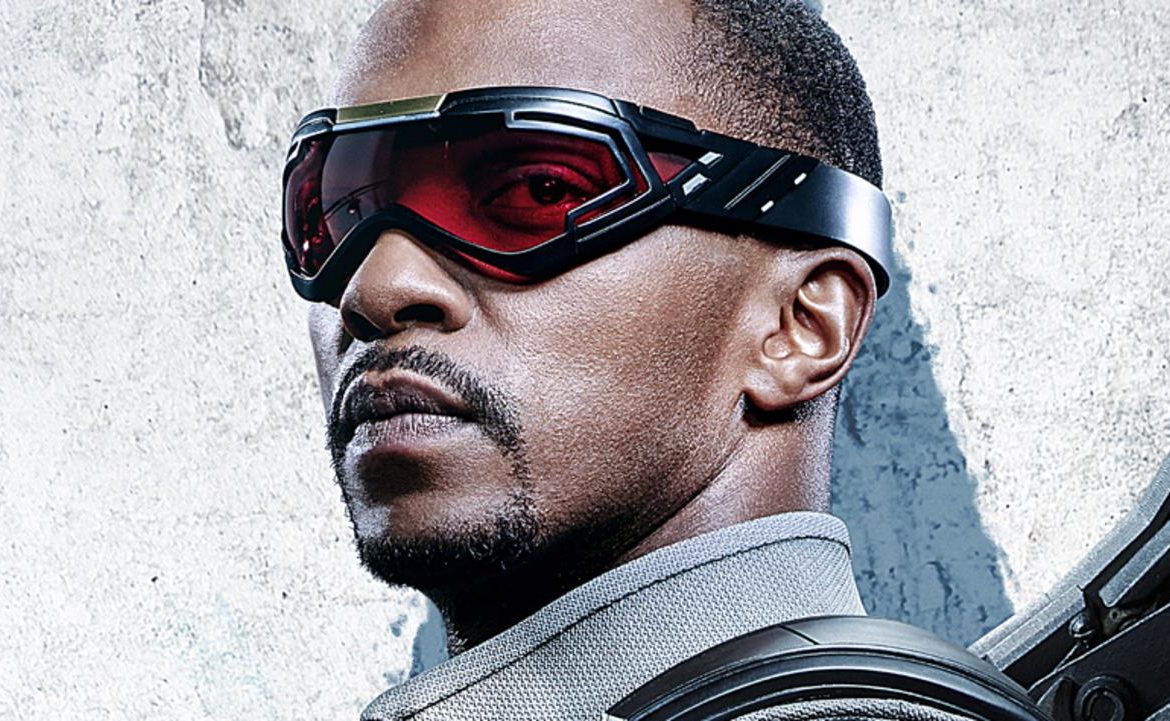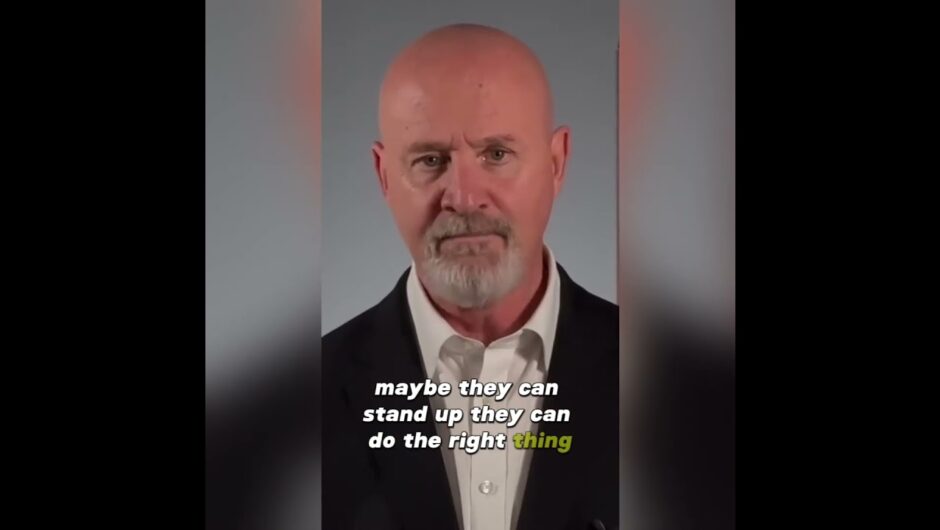SPOILER ALERT. With its first episode ending on potent and resonant moment, it’s clear Marvel’s latest series isn’t just here to play.
SPOILERS AHEAD FOR THE FALCON AND THE WINTER SOLDIER, EPISODE ONE
Maybe you were only expecting The Falcon and the Winter Soldier to be a straight action thriller. Or maybe you were expecting that it would be a buddy cop comedy.
Either way, you probably didn’t expect the latest Marvel Cinematic Universe entrant to be so engaged with issues of identity, especially the entwined questions of who we see as heroes and who gets to be seen as a hero.
With Sam (Anthony Mackie) persuaded by the US government to give over Steve Rogers’ Captain America shield, ostensibly to be added to an exhibition honouring his memory and legacy, only for it to be turned around and given to someone else, it’s a slap in the face.
John Wyatt (Kurt Russell) wasn’t chosen by Steve Rogers to carry on his work. Sam was.
Seeing a blonde-haired, blue-eyed white man holding up the legacy left to him, you can only imagine what Sam is feeling, having essentially been told that he is not the hero they want.
“The pathos of that moment is going to carry through and intensity through the series,” The Falcon and the Winter Soldier creator Malcolm Spellman told news.com.au.
It’s a potent image to close out the first episode of a series that has at its core an exploration of whether a black superhero is allowed to be a national symbol of heroism in modern America – and internationally, beyond.
RELATED: The Falcon and the Winter Soldier review
“It’s intense journey for him, and it’s why I wanted to show up, which is to have a black man confront that symbol and that’s not an easy thing,” Spellman explained. “The answer is not obvious, which you’ve seen in the first episode. And I think people are making assumptions of what Sam’s going to do and then not paying attention to the trailers.
“They’re going to find out very quickly in episode one that this ain’t the story that they think it is.”
Spellman said the idea of grappling with that concept of heroism and identity was in his original pitch for the series, and the chance to explore it through Sam Wilson was why he fought to get the job.
“I felt it would really help root this series in something that felt of the moment and forward facing.”
Part of that is shading in Sam’s backstory, giving him a sister and two nephews in his hometown of New Orleans, which also happens to be where Mackie is from. Spellman said that ensuring Sam had a history and a community will make his very human and emotional journey more ridden with conflict.
Mackie had already created a backstory for Sam when he was part of the ensemble in the Captain America and Avengers movies, even though none of it had made it on screen yet. Spellman evolved that backstory, changing it some but still drawing from where Mackie had started.
RELATED: Stars you forgot were in Marvel movies
They pulled elements from Mackie’s real life, such as that Louisiana origin, because it helped Mackie connect to the Sam he had in his head.
The presence of Sam’s sister and his family’s history is intrinsic to the community this superhero represents, perhaps even more culturally specific than a character such as Black Panther which embodied a wider, global blackness.
“We wanted Sam’s relationship with his sister to challenge him on a bunch of different levels,” Spellman said. “Just on a personal level is this family business that the audience will discover that goes back generations and is rooted in blackness and culture.
“But also because of where they come from, Sam’s sister has strong opinions on what he does in so far as how she sees the world, separately from their personal relationship.
“We wanted to really position his life in a way that he was going to have to overcome a lot and really decide what being a hero means for a black man in these times.”
RELATED: WandaVision finale questions answered
“These times” is something The Falcon and the Winter Soldier is really plugged into – even if in the world of the MCU, the most prominent trauma is not COVID but the return of half the world’s population.
There’s a particular line in the first episode, spoken by Sam in which he says to a room full of people, “we need new heroes, ones suited to the times we’re in, symbols are nothing without the women and men that give them meaning”.
Whether Sam, a human without any superstrength, can be that symbol is something he has to come to terms with, and whether others will accept him as that is something the show is wrestling with.
Even though the series was conceived, written and had almost finished principal photography by the time the pandemic rolled around and knocked out TV and film productions for months, Spellman’s “mostly black” writer’s room had already threaded through The Falcon and the Winter Soldier the themes that resonate so much more after the most recent Black Lives Matter movement.
“That’s one of the good things about having diversity in the creative space. We have a particular awareness of these things and we have a particular command over pop culture, and we have a particular gift at wielding socially relevant themes and pop culture and presenting them in a way that make people think.
“A lot of stuff [that happened last year] was not surprising if you are a person of any kind but particularly if you are black.”
For Spellman, finding the “heroes suited to these times” is the series’ mission statement.
“This moment right now in history is so loud, and the heroes could not be relevant if they’re too similar to heroes of old. There heroes are future forward-facing, and they are for the people from today, not the past.”
That sounds a lot like Sam Wilson.
The Falcon and the Winter Soldier is streaming now on Disney+
Share your TV and movies obsessions | @wenleima







